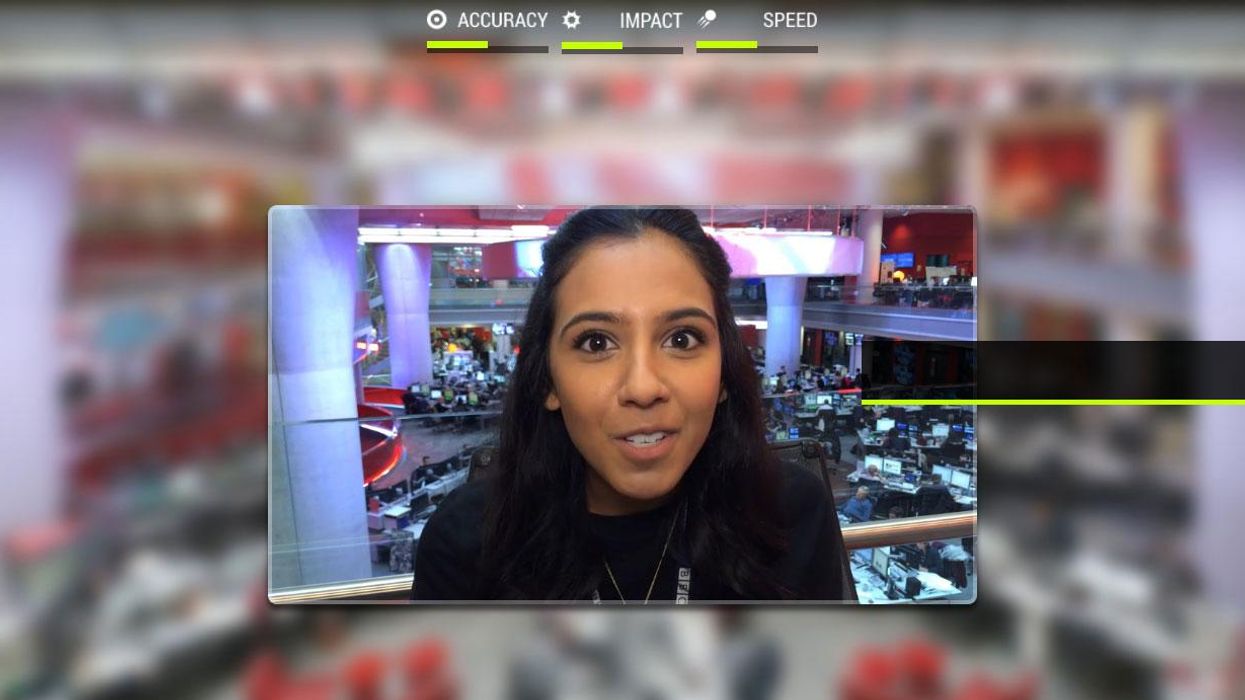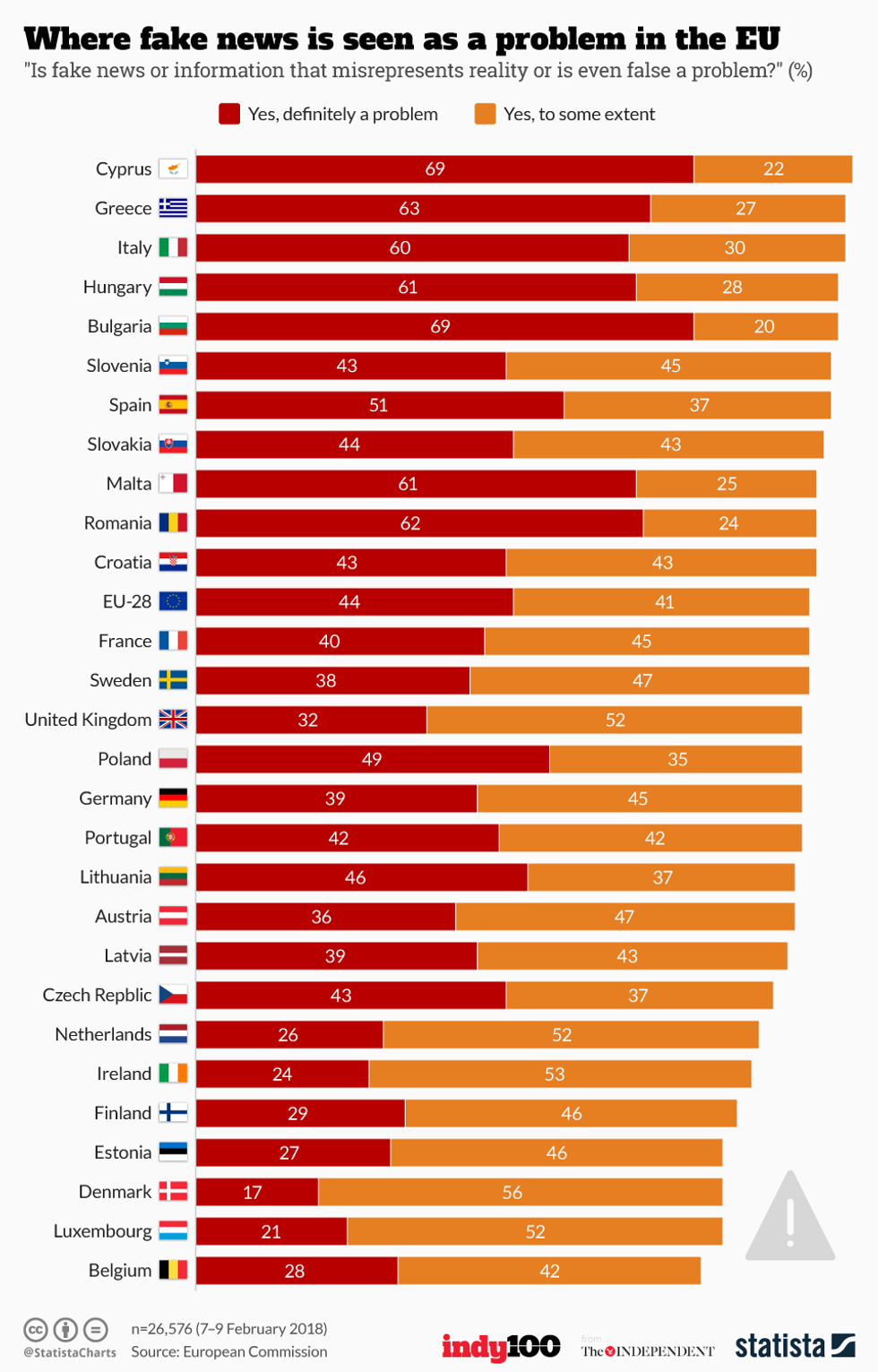Viral
Mimi Launder
Mar 15, 2018

Picture:
BBC
The BBC have launched a new game called BBC iReporter to help young people understand and identify fake news.
But we think it would be pretty useful to try out for adult too, given that most American adults who see fake news believe it.
The interactive game, designed by Aardman, puts you in the shoes of a BBC journalist. It's your first day on the job and, to pursue your scoop, you must make all kinds of snap judgements.
Which sources should you trust? How quickly should you break the story with limited facts? And how are you going to do all this and keep your editor happy?
As you progress through your day, you'll be scored over three metrics: accuracy, impact and speed.
The game launched yesterday on BBC School Report News Day. In addition, more than 100 BBC journalists, including Huw Edwards, Tina Daheley, Nikki Fox, Kamal Ahmed and Amol Rajan, will deliver workshops in schools and a roadshow of events will take place across the country.
Fran Unsworth, Director, News and Current Affairs, said:
The BBC has already been doing a lot to tackle the scourge of fake news – whether through Reality Check fact-checking claims and coming to a judgment, our journalists going into schools to educate youngsters or this brilliant game we’re launching in the UK today.
But this is a global problem. It’s vital people have access to news they can trust – and know how to distinguish between fact and fiction. Broadcasters and the rest of the news industry have a responsibility to tackle fake news, and I want to use the BBC’s global reach to lead the way.
Fake News is widely seen as a big problem across the EU, according to data from a European Commission survey, as shown in the chart below.
More: Most people can't spot what's fake in these doctored photos
Top 100
The Conversation (0)














